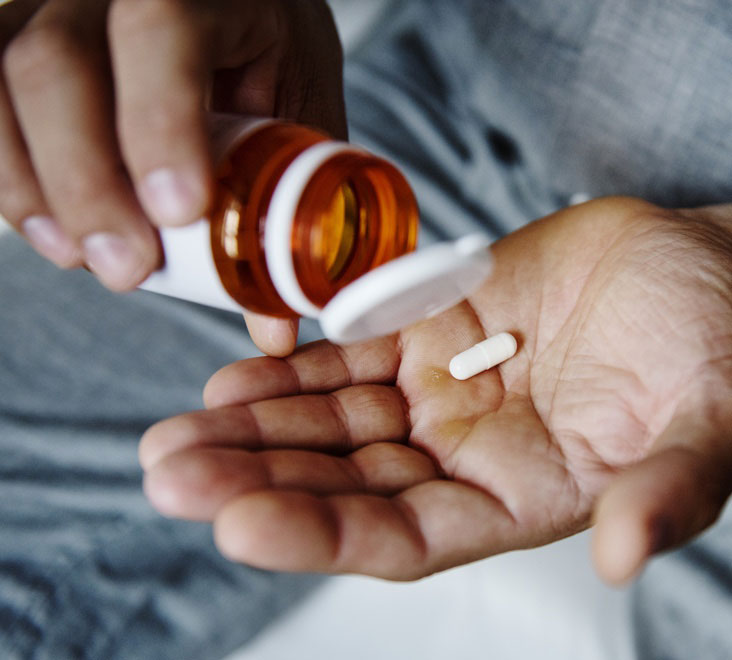Heart healthy diet supplements

Consider these options that may help lower blood pressure or cholesterol
Some foods and dietary supplements may help lower blood pressure or blood cholesterol levels. Be sure to check with your doctor to find out what diet changes and supplements are right for you.
Potassium
Evidence strongly indicates that a potassium-rich diet can help achieve healthy blood pressure levels, and that potassium supplements can lower systolic blood pressure. The best source of potassium is the fruits and vegetables that contain them. Some potassium-rich foods include bananas, oranges, pears, prunes, cantaloupes, tomatoes, dried peas and beans, nuts, potatoes, and avocados.
Plant stanols/sterols
Plant sterols and stanols are substances that occur naturally in small amounts in many plant foods. Two grams taken every day has been shown to lower LDL cholesterol by up to 15 percent. You can now get stanols or sterols in some margarine spreads, orange juice, cereals and even granola bars. They can also be found in gel form as a supplement. Ask your doctor if taking plant stanols/sterols is right for you.
Fiber
Fiber supplementation can help reduce blood pressure levels. It may take up to 8 weeks to achieve the maximum benefit.
Folate
Increasing folate (a B vitamin) intake to more than 800 mcg/day may help reduce blood pressure, particularly for younger women (under age 46). Dietary sources of folate include citrus fruits, leafy green vegetables, beans, and grain products. Folate helps reduce homocysteine levels.
Fish Oil and Omega 3 Fatty Acids
Omega 3 fatty acids (docosahexaenoic and eicosapentaneoic acids) are found in oily fish. Studies indicate that they may have specific benefits for many medical conditions, including hypertension. They appear to help keep blood vessels flexible and may help protect the nervous system. Fatty acids are also available in supplements, but their long-term effects on blood pressure are unknown.
Calcium
Calcium regulates the tone of the smooth muscles lining blood vessels. Studies have found that people who have sufficient dietary calcium have lower blood pressure than those who do not. Hypertension itself increases calcium loss from the body. The effects of extra calcium on blood pressure, however, are mixed, with some even showing higher pressure.
Antioxidant supplements
Antioxidants are substances that help the body eliminate oxidants (also called oxygen-free radicals), which are damaging particles produced as part of the body's chemical processes. Some antioxidant supplements, including vitamins C and E and alpha-lipoic acid, are being studied for possible benefits in protecting against hypertension by preventing injury in the blood vessels. Vitamin C may have specific benefits for hypertension by preventing dangerous effects on nitric acid, the substance that keeps arteries flexible.
Related content
More like this: